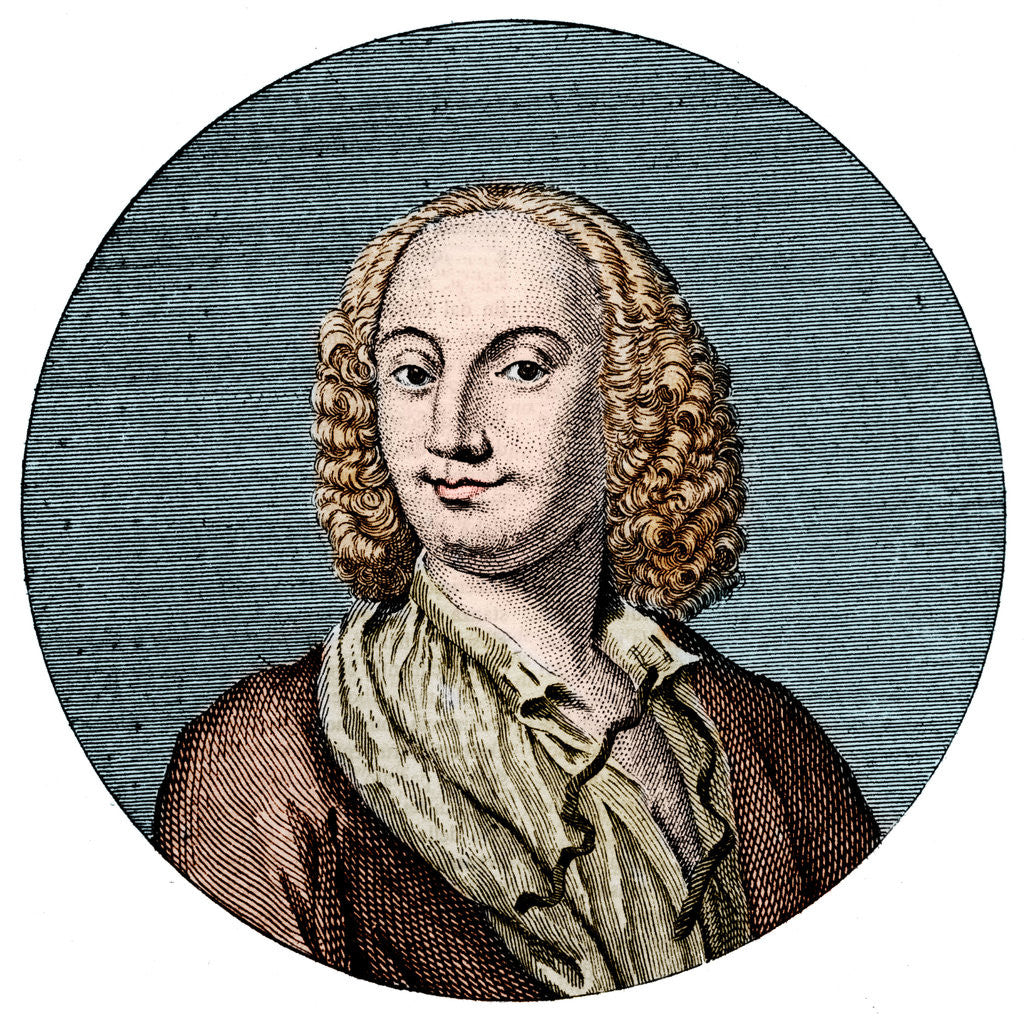
23, sans the second coro employed in RV Anh. The first movement of RV 588 is also an extended version of RV Anh.

Many movements show inspiration from this composition, and two movements ("Qui Tollis" and "Cum Sancto Spiritu") are plagiarised from the original Ruggieri setting (although "Qui Tollis" completely omits the second coro (chorus), and "Cum Sancto Spiritu" is slightly modified). RV 588 borrows extensively from a double orchestra-and-choir setting of the same text by Giovanni Maria Ruggieri (which will henceforth in this article be referred by its RV cataloguing number of RV. The date of composition between this Gloria and RV 589 is still disputed, but both show compositional inspiration from each other. The first movement is interwoven with the last aria of RV 639, as explained above. The lesser known of the two surviving Glorias, RV 588 was most likely composed during Vivaldi's employment at the Pio Ospedale della Pietà, known for its advanced choral ensemble.

Four introduzioni exist for these Glorias: Cur Sagittas (RV 637), Jubilate, o amoeni cori (RV 639) (the last movement of which is compositionally tied with the first movement of RV 588), Longe Mala, Umbrae, Terrores (RV 640), and Ostro Picta (RV 642). Further information: Introduzioni (Vivaldi)Īs with other choral pieces the composer, Vivaldi, wrote many introduzioni (introductory motets) that were to be performed before the Gloria itself.


 0 kommentar(er)
0 kommentar(er)
